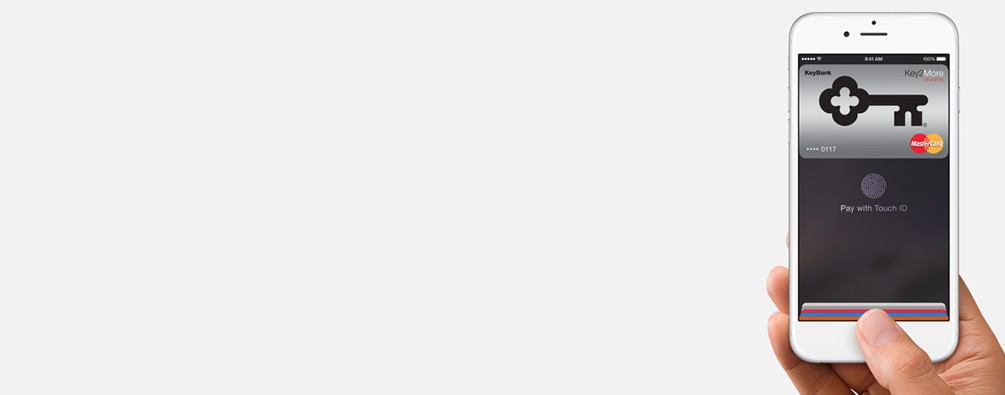What You Need To Know About Indexed Certificates of Deposit CDs The Wallet
Post on: 16 Март, 2015 No Comment

By Mary Pilon
Getty Images
CDs, not linked to a market index
Updated with correction.
Instead of traditional CDs, which earn a set interest rate over a given time period, these lesser-known CDs link to an index, such as the Dow Jones Industrial Average, so you can earn more over the life of the CD if the market rises. You can also lose some of your original deposit if you withdraw money early. Kelly writes:
Indexed CDs aren’t without potholes. Many investors assume—wrongly—that the products work much the same as traditional CDs. One big difference: You can liquidate a regular CD at any time and get back your principal, although you may lose a portion of the interest you have earned. But with indexed CDs, you have to keep them for the full term—typically four to five years—in order to be guaranteed you will get back your principal plus any earnings. And some indexed CDs also have complicated terms that can result in yields that vary greatly from what investors expect.
Indexed CDs have time limits like their traditional counterparts, these products usually have longer time periods, such as two or three years rather than six months. But another thing that makes market-indexed CDs different is that they can be harder to buy. Unlike traditional CDs, which can be easily invested in online and compared side-by-side at sites like Bankrate.com. market-indexed CDs are typically sold through financial planners and stockbrokers. Theyre not new, but arent well promoted on bank sites. Lore has it that Chase launched the first market-indexed CD in 1987.
Its not easy to conduct a side-by-side comparison of market-indexed CDs, as they dont have fixed interest rates. In fact, you have no idea what youll end up making or losing in the end, but they do have some rough parameters called barriers that set a minimum for the amount you can lose and a maximum that you can earn. (If you know of any market-indexed CD shopping tools, please let us know .)
That said, there are some things to consider when comparing market-indexed CDs. Compare different barriers that is, the maximum gains assigned to each CD. For example, one of HSBCs basket of market-indexed CDs is linked to the S&P 500 for 28 months. This CDs upper barrier is 127 to 132% of the initial level, so if the S&P roars to say, 50 percent, you could miss out on some earnings. But if it goes down 50 percent, youll simply get back your initial deposit.
When you deposit $1,000 in a regular 28-month CD that pays 2.5% interest compounding every month, youll eventually end up with $1,060. Conversely, if you put $1,000 in the HSBC 28-month S&P CD mentioned above, there are a couple different outcomes. If the S&P tanks during those 28 months, youll end up with no less than $1,000. But if the S&P booms and rises 50%, youll only end up with $1,320, since gains are capped at 32% of the initial deposit. If the S&P goes somewhere in between, youll end up with that number with compound interest.
Bankrate and Bargaineering have some basic CD interest rate calculators if you want to run the math yourself. Also, page two of this PDF from HSBC has a V-shaped graph showing the potential payoff of the market-indexed CD.
Weve written before about how to know if a CD is safe and how to shop for the best CD interest rate online before. As Kelly points out, it makes sense that market-indexed CDs would be desirable to investors. They get some exposure to the stock market but tamp down volatility. And most of these CDs are FDIC insured.

But when talking with a financial planner, or perusing bank sites on your own, consider fees and your time horizon. And like any investment, consider it one part of a broader investing strategy.
Corrections & Amplifications
Investors in indexed certificates of deposit cannot lose money from their original deposit unless they withdraw money before the CDs term expires. An item posted on the Wallet blog incorrectly stated that people who put money in indexed certificates of deposit can lose some of their initial investment depending on market performance.
Also, the HSBC market-indexed CD discussed in the post is an absolute return CD, meaning that even if the underlying index declines over the life of the CD, investors will get their initial deposit back at the end of the term. An earlier version of this post incorrectly stated that investors could lose up to 15% of their initial deposit if the underlying index goes down.
Loose Change: 7/31/09 Next
Tax Holidays: Its Time to Celebrate














